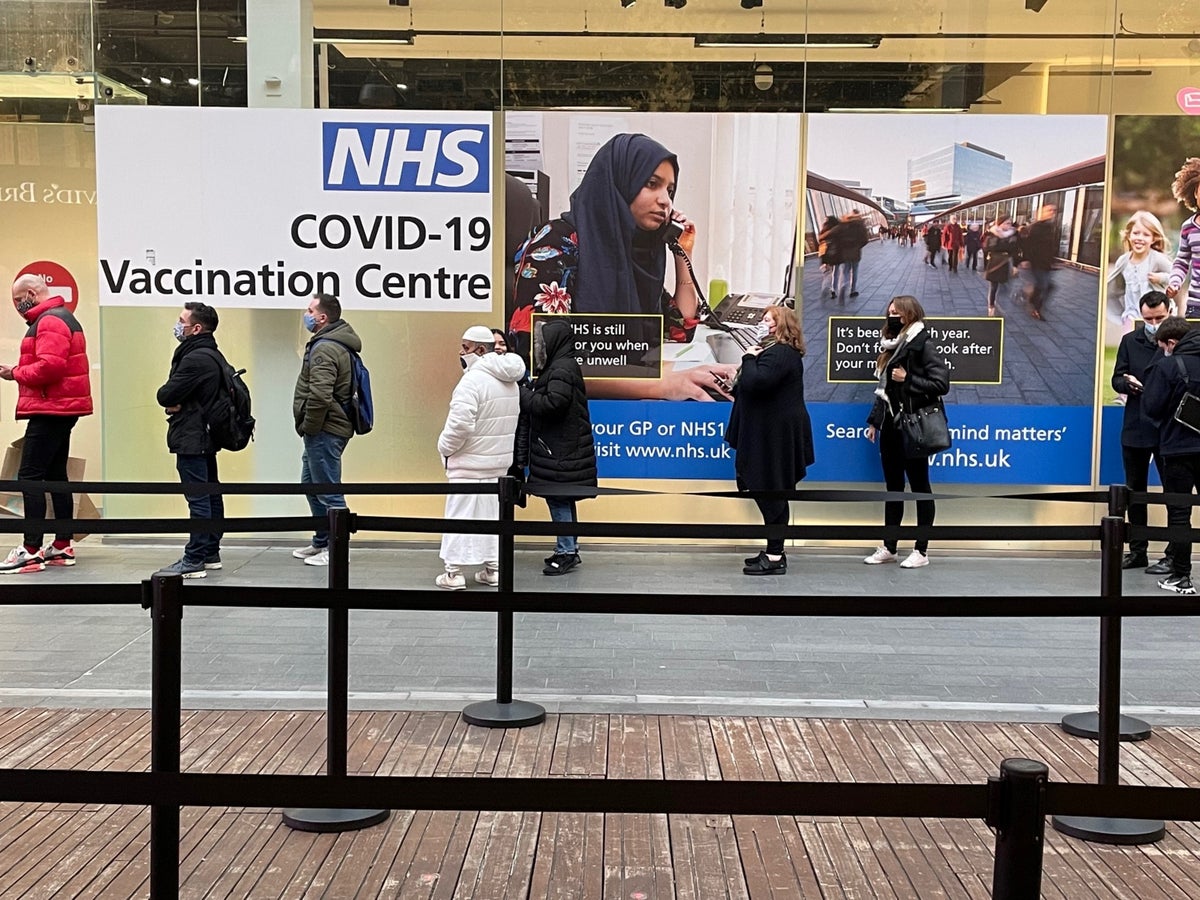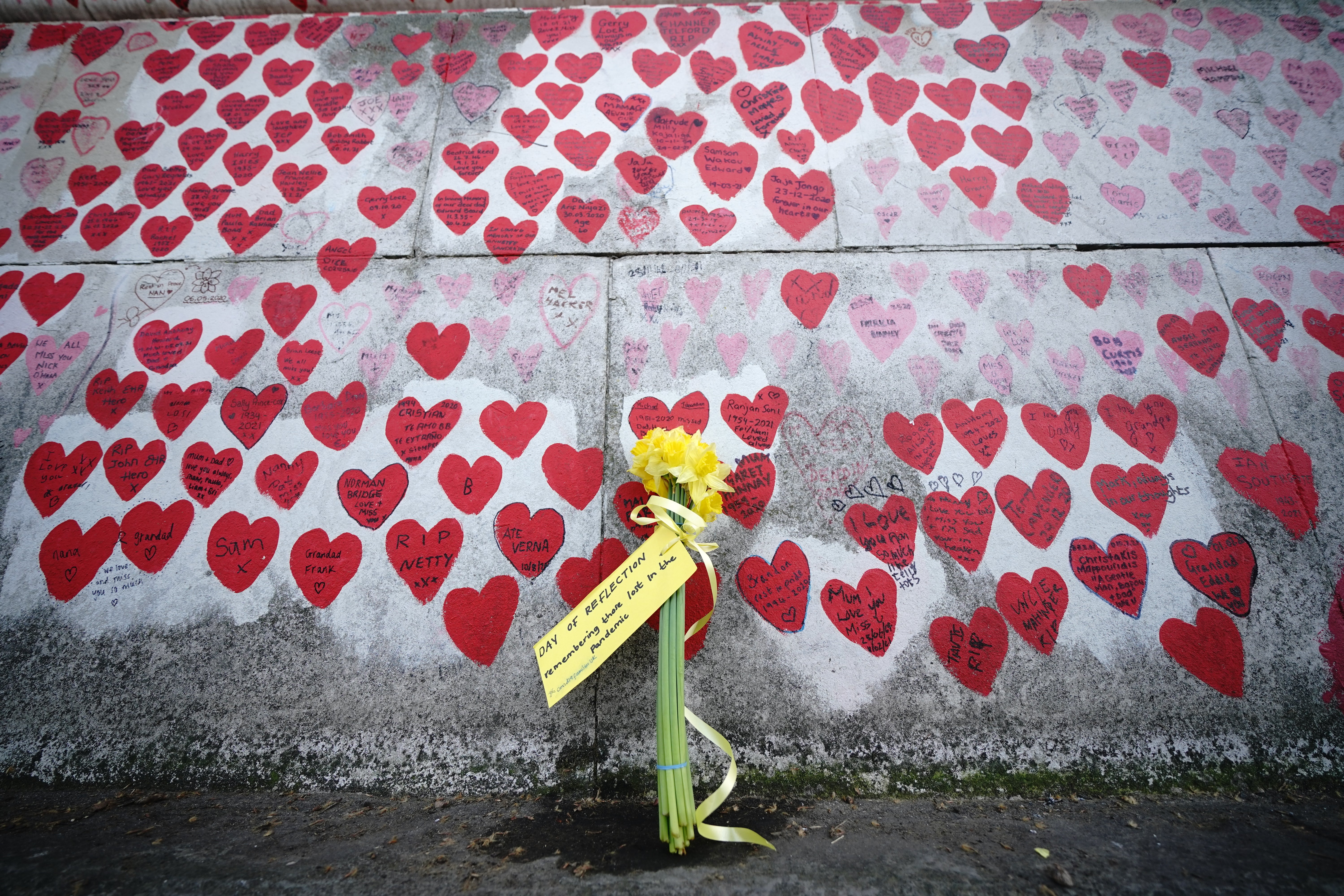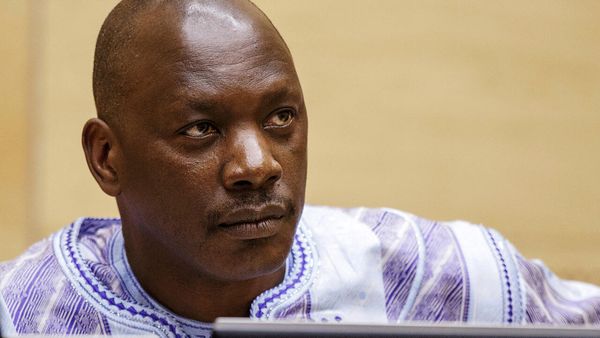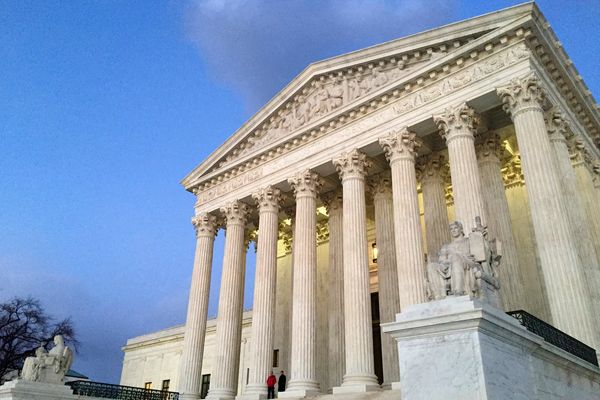
The UK Covid inquiry chair has vowed proceedings will not drag on with final recommendations concluded before “another disaster strikes.”
The long-awaited inquiry, chaired by Baroness Heather Hallett, started on Tuesday morning after its original start date was postponed due to national mourning for the Queen.
Baroness Hallet told the inquiry that the bereaved will be at the heart of the proceedings which she vowed would “not drag on for decades producing reports when it is too late for them to do any good.”
She added: “My principal aim is to produce reports and recommendations before another disaster strikes the four nations of the UK and, if it is possible, to reduce the number of deaths, the suffering and the hardship.
“I promised the bereaved during the consultation process on the terms of reference that those who have suffered will be at the heart of the Inquiry and I intend to keep that promise.”
In previous public inquiries, such as those concerning the Grenfell Tower fire and Manchester Arena bombing, family and friends provided “pen portraits” of victims at the start of the formal hearings.

According to its terms of reference, the Covid-19 inquiry will “listen to and consider carefully” the experiences of bereaved families and others affected by the pandemic.
But it “will not consider in detail individual cases of harm or death”, instead “listening to these accounts will inform its understanding.”
Members from Bereaved Covid-19 Families for justice attended the hearing as core participants, with government ministers who oversaw the UK’s handling of the pandemic - including former health secretary Matt Hancock, former chancellor Rishi Sunak and former home secretary Priti Patel - also among the key contributors which.
The inquiry will begin hearing evidence in Spring 2023.
Hugo Keith KC, the lead counsel for the inquiry, vowed that the proceedings have a duty to “ensure full facts” of the pandemic’s handling are revealed, adding that the bereaved “are absolutely entitled to no less.”
Outlining the objective of the Inquiry, Mr Keither KC said: “That duty [of the inquiry] as you have explained it is to get to the truth to ensure that the full facts are revealed, that culpable and discreditable conduct is exposed and brought to public notice, that plainly wrongful decision making and significant errors of judgement identified and that lessons may be properly learnt.”
Mr Keitch KC confirmed that more than 20,000 responses were received to the inquiry’s consultation as he outlined the events leading up to the coronavirus pandemic and how the current inquiry was formed.
Module one of the inquiry will address whether the UK was adequately prepared for the pandemic, specifically looking at government and public health systems and their planning as well as financial decisions.
The inquiry will also cover hospital triage systems and do not resuscitate (DNR) notices which were the subject of media reports stating some Covid patients with learning disabilities such as Down’s Syndrome were given such notices.
“For the avoidance of doubt and to allay concerns expressed in the media over the weekend, the standard of care given to those suffering from Covid (including the triage system and the use of DNR notices) is very much an issue that I intend to explore and about which I shall receive evidence in a later Module,” Baroness Hallet said.
However, Mr Keith emphasised that the inquiry would not hear from individual cases of death but a listening exercise to ensure that everyone across the UK who wishes to contribute can do so.







